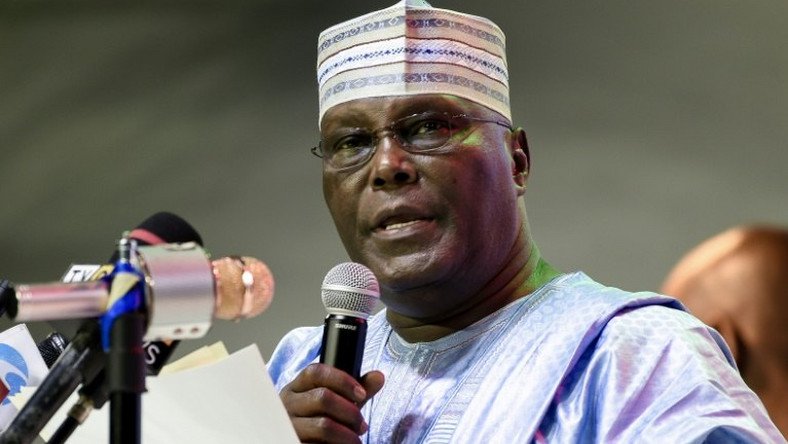Although the regions in which corruption risks were higher than the global average were Central and Eastern Europe (47 per cent), the Middle East (62 per cent) and Latin America (74 per cent), the perception for Nigeria must have been enormous for it to be ranked third among the 55 individual nations.
The 15th EY Global Fraud Survey noted that the level of bribery and corruption in emerging markets is twice that of developed markets, with one out of five people under the age of 35 justifying cash payments to win or retain business.
EY Global Fraud Investigation and Dispute Services Leader, Andrew Gordon, said the lack of improvement in global levels of corruption over the last six years shows that unethical behavior in business remains a daunting challenge, despite intensified global enforcement.
“While corruption remains so prevalent, businesses remain vulnerable to significant financial and reputational harm. Management teams must identify and address the root causes of unethical conduct in their organisation.
“Compliance programmes need to keep pace with the impact of rapid technological advancements and the increasingly complex risk environment on business operations. More robust risk management should be considered a strategic means of improving business performance.
“The encouraging news is that with today’s advances in forensic data analytics, companies can leverage new technologies to increase the effectiveness and efficiency of their efforts as they seek to improve investigation and compliance outcomes.”
While Nigeria is followed by Kenya, South Africa is ranked sixth, as Brazil and Colombia took the first and second positions respectivelY.













